However, new technology such as sodium-ion batteries could disrupt lithium’s dominance. While sodium-ion batteries lack the energy density of lithium, sodium is a far cheaper and more abundant element. Sodium-ion batteries also possess a longer life cycle, boast faster charging times and are safer than lithium-ion batteries because they are nonflammable.
Yet, even with sodium-ion batteries China is taking the lead. Chinese EV maker BYD is building a 30GWh sodium-ion battery plant to capitalise on the cost-saving technology and a sodium-ion battery-powered EV has already been released in the Chinese market. This vehicle was produced through a collaboration between Volkswagen and JAC, further demonstrating the benefits of continued global co-operation.
Internal divisions
While Volkswagen is still the top-selling internal combustion engine car brand in China, the automaker has struggled to compete with its new Chinese rivals since the destruction of the Nord Stream pipeline cut off the supply of affordable natural gas from Russia to Germany.
Though strong labour representation on the Volkswagen board may prevent it, the German giant is considering shutting down some of its German factories for the first time. Volkswagen CEO Oliver Blume has meanwhile spoken out against the EU tariffs. This is a sign of the troubles plaguing Germany, whose coalition government recently collapsed.
While Brussels claims tariffs protect European carmakers, individual member states want to attract Chinese investment, and their manufacturers want to retain access to the lucrative and fast-growing Chinese consumer market. This has led to disagreement within Europe about the EU Commission’s tariff policies and risks leading to a trade war between Europe and China.
Though the tariffs might encourage Chinese firms to increase production within the EU as a workaround, Chinese consumers could retaliate while patriotic citizens are already switching to local brands. We’ve seen this with apparel brands such as Anta surpassing Nike and Adidas in domestic sales, while home-grown coffee chain Luckin Coffee has rapidly overtaken Starbucks, opening an astonishing 20,000 stores since 2017. Meanwhile, Volkswagen sales in China declined 15% year on year in the most recent quarter.
Several European carmakers have spoken out against the recently applied EU tariffs, including BMW, Volkswagen and Mercedes-Benz, all of which derive a significant share of their profits from the Chinese market. The German giants say tariffs will backfire by hurting their sales in China while making EVs more expensive for European consumers.
Trade war fears
Fears that the tariffs on Chinese-made EVs could spark a trade war appear justified, with Beijing having already responded with duties of its own. It has imposed tariffs on French brandy while antidumping probes have been launched into European pork and dairy products.
France was one of 10 EU member states that voted in favour of the levies against Chinese EVs, and French brands account for almost all of China’s brandy imports, valued at almost $2bn. European distiller stocks plunged after the announcement, and the EU has opened a case against Beijing at the WTO in response.
Though Brussels claims tariffs are needed to protect EU carmakers from unfair competition, this is undermined by its largest car producing nation, Germany, voicing objections to the duties. Hungary also spoke out against the tariffs, warning against a trade war while calling for a negotiated solution.
Hungary was the biggest European recipient of Chinese foreign direct investment in 2023, receiving nearly half of China’s total foreign direct investment (FDI) in the EU last year. BYD is building a factory in the country and a railway line between Budapest and Belgrade in Serbia is being funded by Beijing.
Similarly, instead of decoupling, German FDI to China was higher in the first six months of the year than the whole of 2023. The fortunes of Germany’s carmakers remain intertwined with the Chinese market, where a third of all new German vehicles are sold.
Germany has already lost market share to its Chinese rivals in countries such as Russia and SA, and cannot afford further losses. Forbes ranked Chery as the largest foreign company in Russia by revenue in 2023, the Chinese brand emerging as the second best-selling car brand in Russia last year after Lada, with 11% of the market. EU carmakers used to top the Forbes list, with Volkswagen coming first in 2022 and Renault heading the table in 2020.
SA motorists are also moving away from German luxury brands such as Audi, BMW and Mercedes-Benz in favour of more affordable Chinese alternatives. It is estimated that Chinese manufacturers will have captured about 20% of the new car market in SA this year. Leading the charge among Chinese brands are Haval and Chery, the sales of which have skyrocketed while German vehicle sales decline.
• Shubitz is an independent Brics analyst.

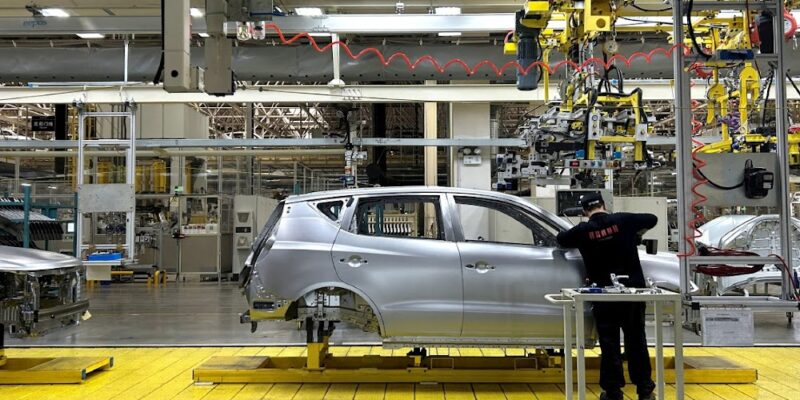

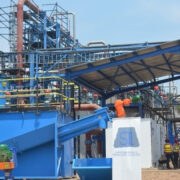
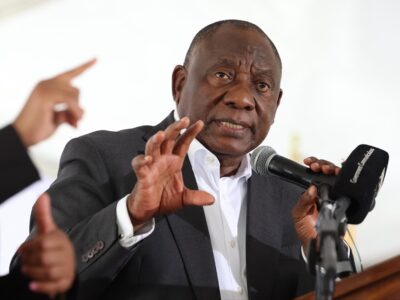
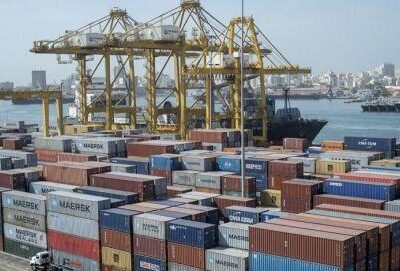

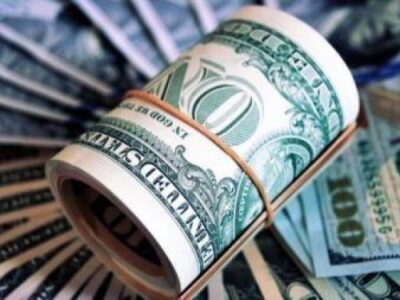

Comments